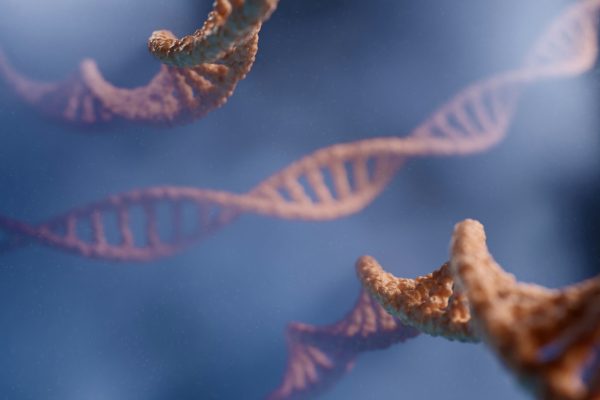
How Ancient Civilisations Interpreted Solar Eclipses
From stars to sacrifices: Jan Maciejewski reports on historical interpretations of solar eclipses and where they came from.

From stars to sacrifices: Jan Maciejewski reports on historical interpretations of solar eclipses and where they came from.

Faye Chang remarks on the issues with COP16’s biodiversity policy and reflects on how they can be improved.

Olivia Allen explores the realms of sustainable aviation and how hydrocarbons may fuel the future of air travel.

Faye Chang introduces the elusive COP16 and explores its role in helping to slow down the biodiversity crisis.

Ushika Kidd interviews Dr Jane Jin, COO of OXCCU, a climate-forward sustainable aviation fuels company based in Oxford.

Tessa Hayhurst explores the different theories of the origins of the universe and what that could mean for its future.

Olivia Allen reports on the launch of the Europa Clipper, which will reach Jupiter’s moon Europa in the year 2030.

Malintha Hewa Batage reflects on evolutionary mismatch and how our metabolic genes are not well-matched with a modern, sedentary lifestyle.

Oliver Cashmore reports on a recent development in recycling, involving the vaporisation of plastics to reduce landfill waste.

Olivia Allen reports on current endeavours to create a healthier and more sustainable chocolate recipe using the whole cocoa fruit.